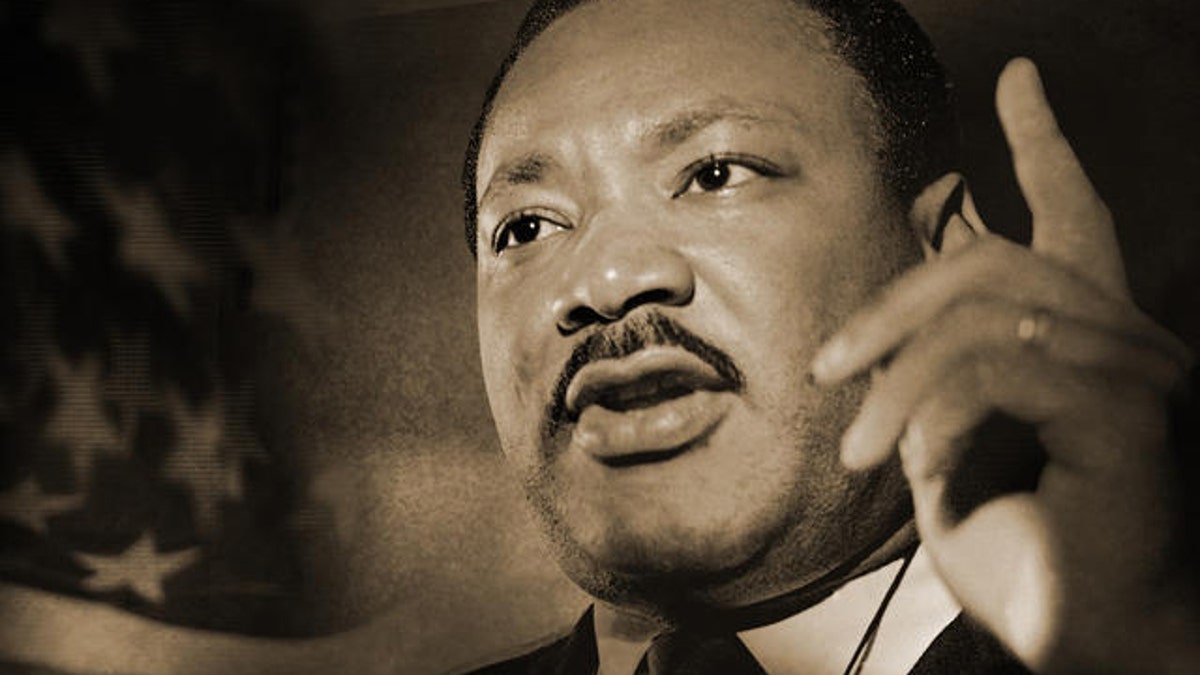
It is Martin Luther King Day, and a good time to look at how racial politics is being played this year when the first black president in U.S. history is seeking reelection.
The big news about racial politics in 2012 is that generational politics are now a critical factor in any analysis of America’s longstanding racial divide.
Young people, disproportionately minorities and immigrants, are growing in numbers. These people of color, younger than 18, are already a quarter of the population. And when you add in people under age 32, younger people make up half of the nation. They are big fans of Democrats and President Obama.
Meanwhile, those 65 and older constitute only about 15 percent of the population. But they are overwhelmingly white and much more politically active. They don’t like Obama. They are a boon to the GOP.
Those white seniors don’t like being branded as racists for their dislike of the first black president, but as Time magazine recently reported, the seniors’ disapproval of the black president is “dramatically higher” than among younger white people.
A Pew poll showed voters younger than 30 favored Obama over the probable GOP nominee, former Massachusetts Gov. Mitt Romney, 61 percent to 37 percent. Seniors favored Romney over Obama, 54 percent to 41 percent.
That Grand Canyon-wide gap between more racially diverse younger Americans and solidly white older Americans is also evident in every analysis of public reaction to Obama’s signature legislation — health care reform. A Kaiser Family Foundation poll found a stunning 50 percent of seniors opposed to the plan.
On the other side of the racial and political divide, there is little chance that black voters will support a 92 percent white Republican Party trying to oust the first black president. The GOP’s only hope among the ever-increasing number of young and minority voters is to win over the fastest growing racial group in the United States — Hispanics.
A Pew Hispanic Center survey showed Democrats currently hold a 47-point party-identification advantage with Hispanic voters, the biggest gap in more than a decade. The same survey also found Hispanics favoring Obama over Romney, 68 percent to 23 percent. And this was way before Romney announced he would veto the DREAM Act, which some polls show is supported by 91 percent of Hispanics.
Obama won 67 percent of the Hispanic vote and 95 percent of the black vote in 2008. It is very likely he will retain or even increase those shares in 2012.
The increasing presence of Hispanics, blacks and immigrants in the electorate means a constant infusion of likely Democratic voters in this election and beyond. The increasingly critical role of Hispanic voters explains the enthusiasm in the GOP for drafting Florida Sen. Marco Rubio, a young Hispanic, as the party’s vice presidential candidate this year.
It also explains why the GOP is trying to depress Hispanic and black voter turnout. Racial politics has a long history in South Carolina — it is the state where Sen. John McCain (R-Ariz.) was falsely accused of having fathered a black child out of wedlock. And who would have predicted that in the heat of the campaign, former House Speaker Newt Gingrich (R-Ga.) would be willing to appear on the same stage with the leading black Democrat in the state, Rep. James Clyburn.
Last year, South Carolina followed the lead of several other GOP-controlled states by enacting new laws to require voters to show government-issued photo identification to get into the polling booth. The new law has been blocked by the Justice Department under the 1965 Voting Rights Act, one of the most important victories of Dr. King and the Civil Rights Movement.
It was aimed at the sad history of black voter disenfranchisement — from poll taxes to literacy tests — that made politics a whites-only game in states such as South Carolina for most of our nation’s history.
A study by the Brennan Center for Justice at New York University found that the new voter identification laws disproportionately affect minorities and young people. In other words, they prevent likely Democratic voters from voting. The study estimated that all these new state laws, taken together, could disenfranchise more than 5 million voters — 25 percent of African Americans don’t have the kind of photo identification that states like South Carolina now require for voting.
South Carolina’s own statistics indicate that 82,000 registered minority voters lack state-issued identification.
Make no mistake about it. This concerted effort by Republicans to disenfranchise Democratic voters is their brazen reaction to the rise of black and Hispanic voters as the lifeblood of the Democratic Party and Obama’s chances for reelection.
I believe if Dr. King were alive he’d be marching against this politically motivated assault on minority voting rights.
Juan Williams is a writer, author and Fox News political analyst. His latest book is "Muzzled: The Assault On Honest Debate" (Crown/Random House) which was released in July 2011. This column originally appeared in TheHill.com.




















